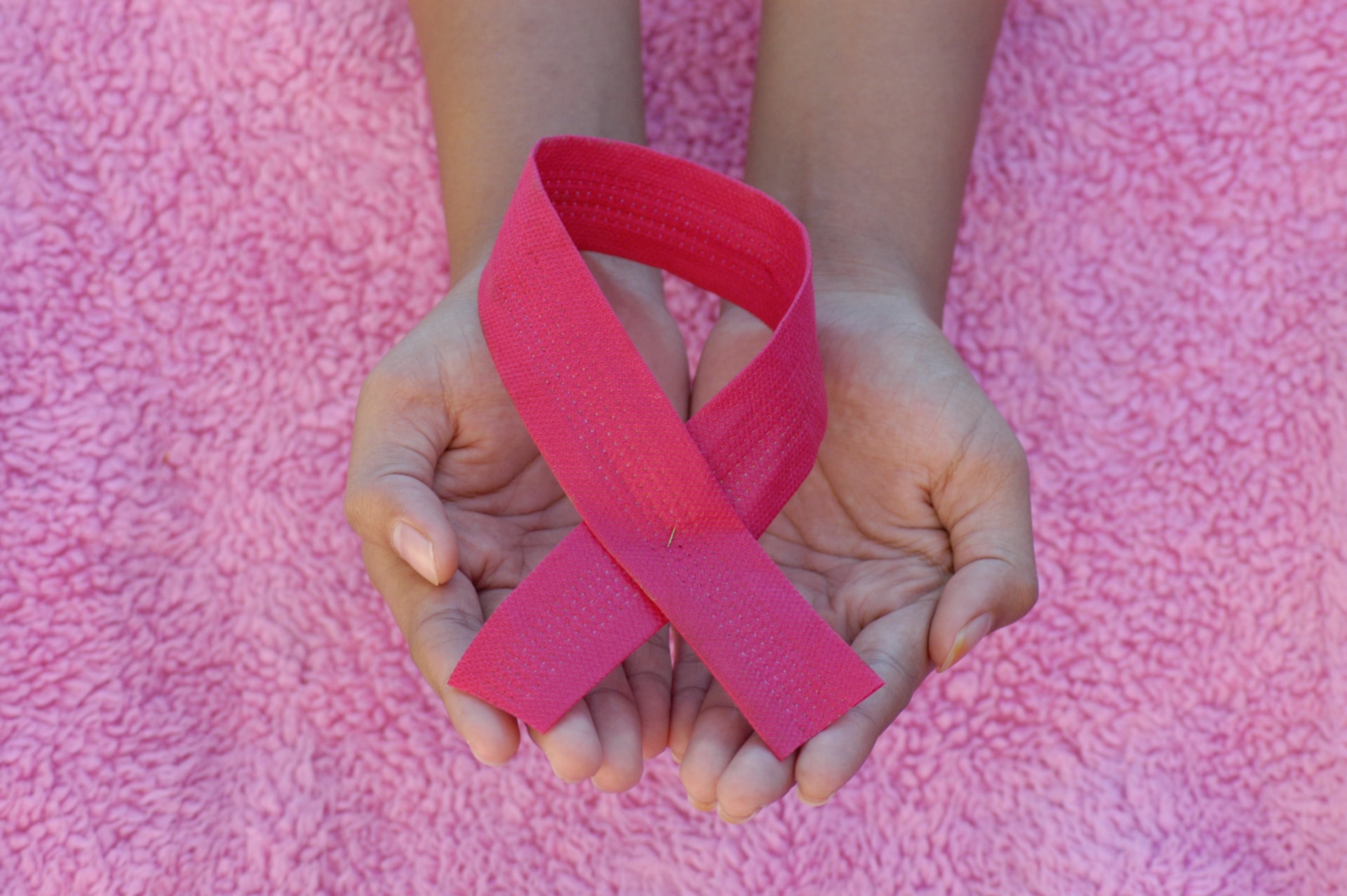Breast cancer is one of the most commonly diagnosed cancers among women in South Africa. Getting the proper treatment for this disease is imperative, but it may cost a pretty penny. However, with the correct information, it’s possible to reduce the financial implications involved.
Treatment costs
When it comes to healthcare, most of us primarily make use of either the public or the private sector. Regarding breast cancer, these two options have both advantages and disadvantages. According to specialist academic breast surgeon Dr Sarah Rayne, a year of breast cancer treatment in the public sector (government hospital), could cost the patient a few hundred rand or so. The down-side is that there is a limited supply of medicine available, so you may not be guaranteed treatment. A private hospital is not as limited, but notably more expensive. From all the specialist appointments and surgery to the many chemotherapy sessions and follow-up visits, it is quite an expensive affair that not everyone can afford.
Medical Aid Coverage
‘According to the Medical Schemes Act, medical schemes must cover treatable cancers [because] they are listed in the prescribed minimum benefits,’ says independent medical scheme expert Heidi Kruger. Even hospital plans must include some sort of coverage for cancer. The question then becomes how much they cover. There are medical aids that cover the full cost of treatment, while others will only pay a certain amount. Discovery Health, for example, pays R200 000 or R400 000 (depending on the tier) towards a year’s worth of authorised cancer treatment. Once this amount is exceeded, they will only cover 80% of additional treatment, leaving the patient to pay the remaining amount.
Covering your bases
While medical aid could help make a dent in cancer-treatment payments, not everyone can afford it. Based on Dr Rayne’s recommendations, here are some suggestions that may assist in making the strain on your finances more manageable.
• For those who can afford to, take out income protection. This pays out a lump sum after a serious diagnosis, which can help offset the associated medical costs.
• A lower-income patient can make use of a hospital cash-back plan, which will provide a cash payout for every day spent in hospital.
• Another option that should be considered is to try to obtain a temporary disability grant from the government, but this only applies if the patient cannot go to work during their treatment.
Text: Geraldine Amoko | Photography: Unsplash







